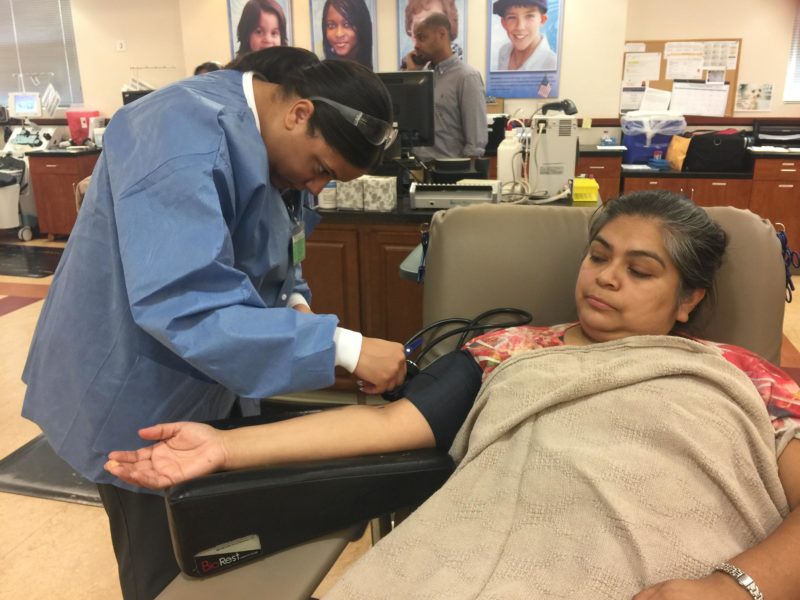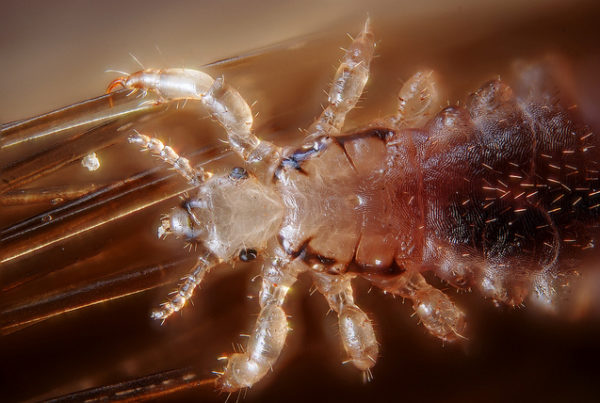From Texas Public Radio:
Last week the South Texas Blood and Tissue Center in San Antonio started screening all of its donated blood for the Zika virus.
Every year, the center collects 130,000 units of blood. Now, as mandated by the Food and Drug Administration, each and every one of those donations will be screened for the mosquito-borne Zika virus.
An increase in Zika positive donations in the Miami area prompted the change. Since Americans travel frequently and the disease can be transmitted sexually, health experts say there’s a chance the disease will continue breaking out in small pockets around the country over the next few years.
The blood bank’s medical director, Rachel Beddard, MD, instituted voluntary screening in July. She says the FDA is making the right move.
“I think it’s a good thing. I think for our area it’s such a high risk,” Beddard said. “It’s just another level of protection for the blood supply. They do feel that it’s important to get every donor tested. So if a donor is not willing to get tested for Zika, then we won’t be able to accept their donation.”
Blood donor Maria Cortez of San Antonio says she doesn’t understand why everyone doesn’t want their blood tested for Zika anyway. “I think it’s crazy,” she added. “A lot of innocent children are suffering because maybe someone didn’t get tested.”
The risk from Zika is greatest for unborn babies of pregnant women infected with the virus, an increased risk of devastating birth defects. Although the risk of acquiring Zika from transfusion is low, the FDA doesn’t want to take any chances.
Texas is one of 11 states given the directive to universally test for Zika by late this month. The other 39 states will be required to have their Zika blood testing in place within two more months.
When the local Zika test was voluntary, about 85 percent of local donors agreed to be screened. Dr. Beddard says she hopes everyone will understand the importance of the testing now.
“I’m really hoping that we don’t lose donors because of this,” Beddard said.
Of all of the people qualified to give blood, less than five percent actually do, making their donations crucial.
University Hospital announced today it is temporarily closing down its blood donor room. They plan to reopen when Zika testing is in place.

















